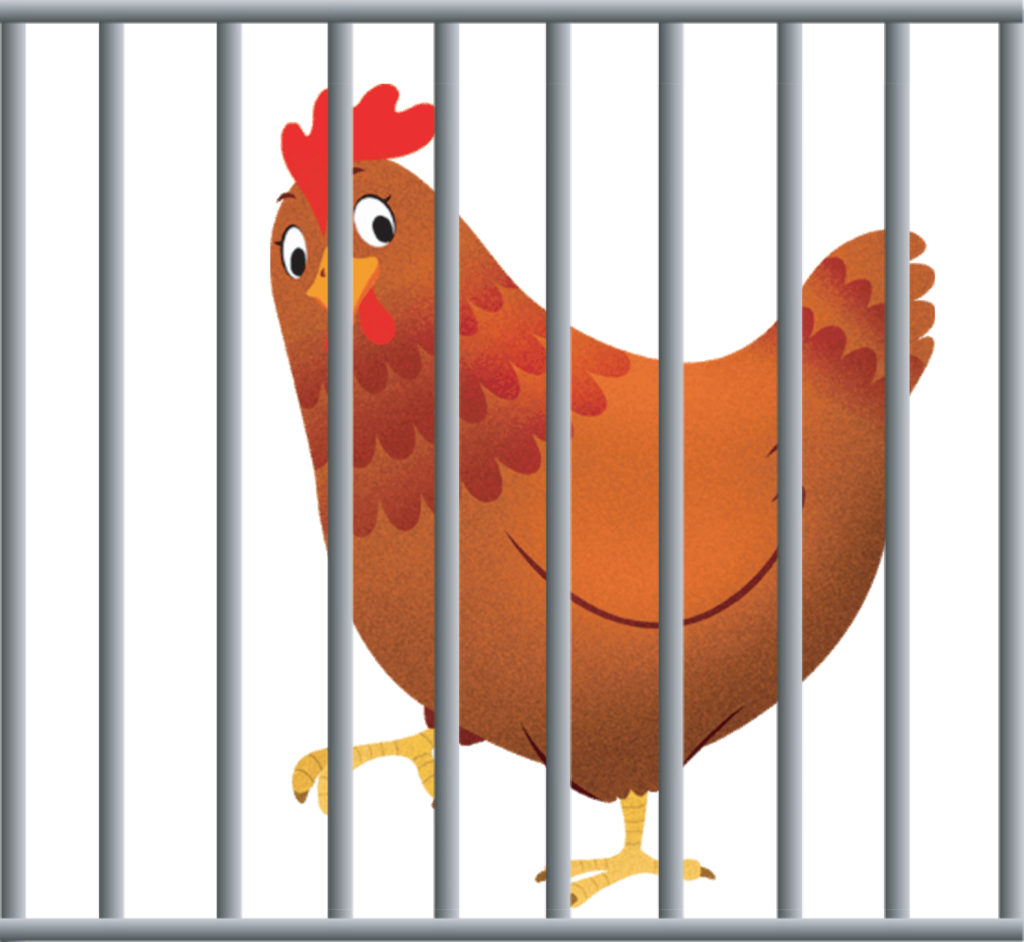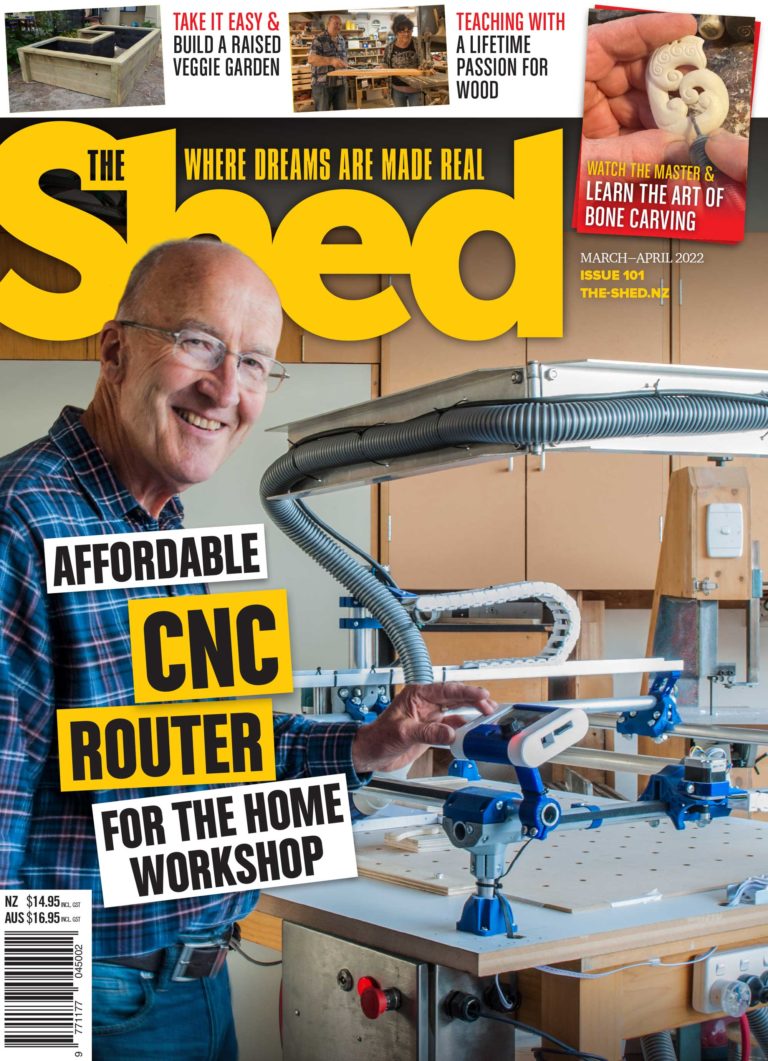Entrepreneurial opportunities?
With all the changes to our lives we have been experiencing with the Covid virus, is there a new cottage industry movement underway? Many have lost jobs, started new ventures, or are just keen to work in smaller groups in a safe environment, and the bonus is that with the way technology is advancing at such a great rate these days, new affordable tools are available.
The kitset CNC router we are showcasing in this issue is just such a beast. A hi-tech tool that was once only the domain of large engineering workshops is now available for your shed for a very affordable price. This type of advancement of tooling often opens the gates to a whole new generation of small businesses working from home and gaining all the benefits of running a cottage industry. Check out our guide to setting up this exciting domestic-use tool in this issue and then see if this could be just the tool that will make your dreams real.
“In these days of Covid and lockdowns, the rise in the number of those working from home has been considerable, to the point at which some businesses are embracing it as a new way of operating.
“When we think of home offices, we generally imagine a spare bedroom fitted out for the purpose, because we tend to think of it as a computer workstation, desk-bound office — a scaled-down version of our pre-Covid situation; tied to the commute, the bought food and coffees, and the increasingly hard-to-find car parks.
“But what about the garage or shed — what degree of opportunity lies there?”
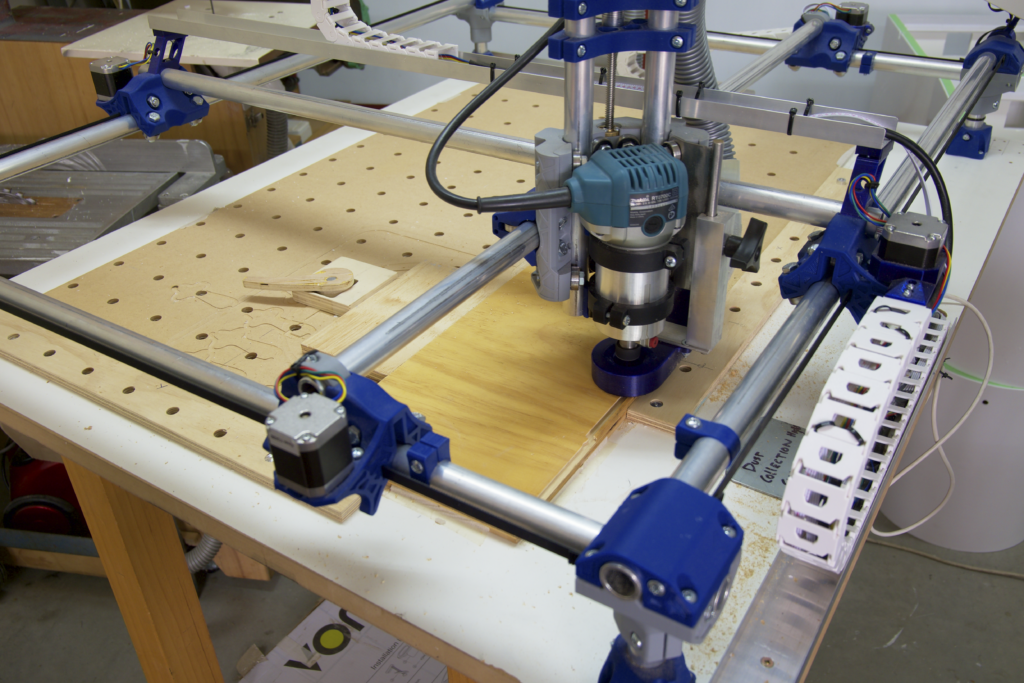
Moving up
Who doesn’t want a home veggie garden? The joy of growing your own herbs and vegetables is just one reward for your efforts — taste, saving money, and convenience are some others.
Bob Hulme wanted all those benefits too so set about building an irrigated raised garden for himself and happily shares that project with us. This completed project is a strong and very usable raised garden that will last you many years.
“A vegetable garden had been on my wish list for some time since downsizing to a smaller home. Life and other interests filled my time for a couple of years, but the second hard Covid lockdown made sure I had some downtime. It also meant that nothing had to be rushed, so there was time to plan the project. It’s in my nature to put time into researching and planning before the ‘doing’ part of any project.”
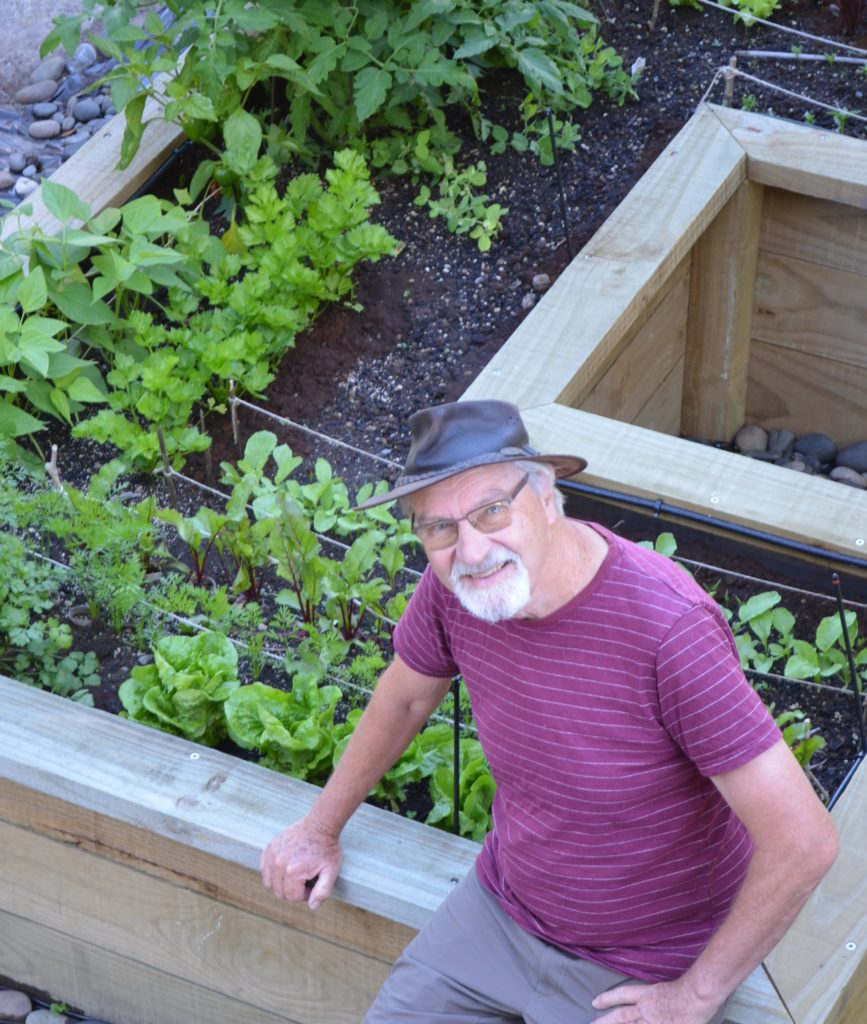
Mastering the lathe — part 9
Our Mastering the lathe series reaches part nine and the final instalment in the series by showing you how to make your own pipe centre for tubular items in your lathe.
“A live centre or dead centre that fits the tailstock of your lathe is necessary to support solid workpieces. However, you need a pipe centre to support hollow tubular items at the distant end from the lathe chuck. Without this support, a long workpiece may not be rigid enough for a good finish. Sizing may also be erratic as the workpiece is pushed away from the cutting tool. With care, you can meet the challenge to produce a pipe centre as a really worthwhile piece of equipment.”
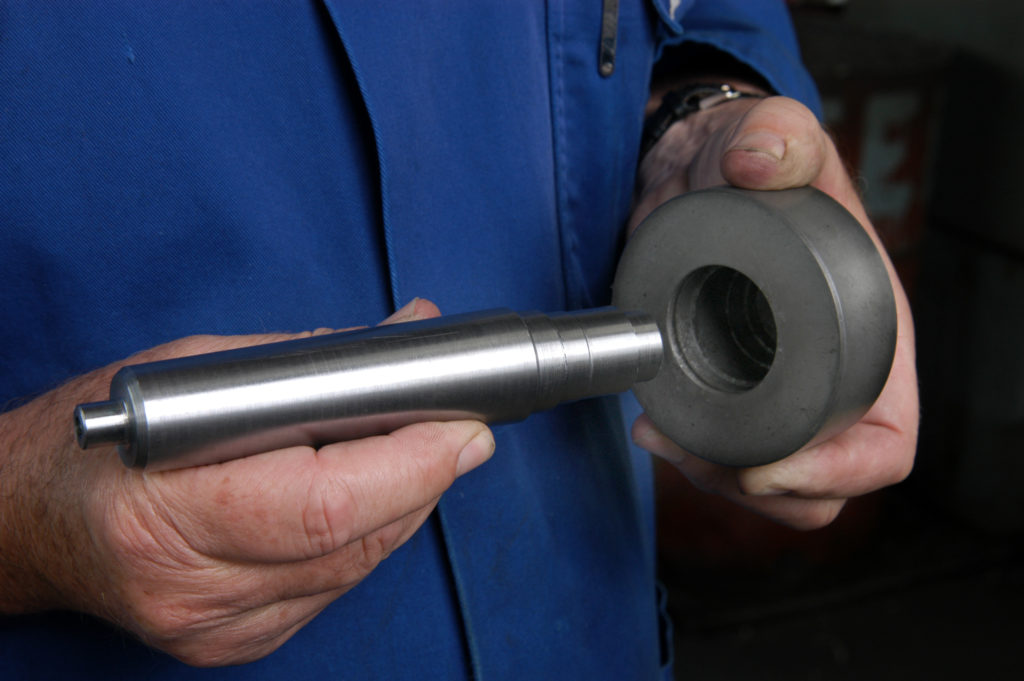
Improving your motorhome’s technology — Part 4
It’s time to take a look at the magic that makes it all work
“Before working on some new components to improve the camper van, it’s time to take a look at the magic that keeps alive the hardware I presented in the first three instalments of this series.
In this fourth episode of “Enrico on the road”, we forget the tools on the bench and dive into the Linux world.”
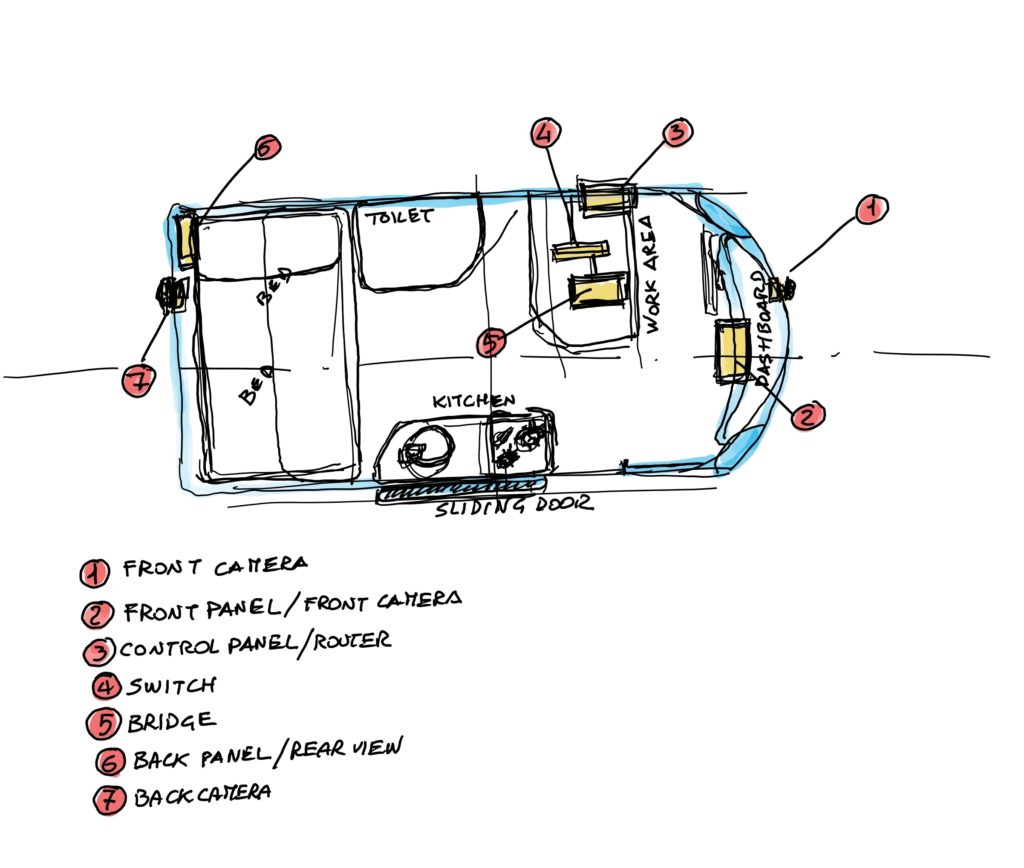
Carving out creativity
Many Shed fans have read and enjoyed our website article on bone carving. This is such a popular article that we thought we would go deeper into the art and seek advice and bone carving tips from one of New Zealand’s foremost experts of the art, Owen Mapp.
“When master bone carver Owen Mapp, CNZM, began carving bone and ivory in the 1960s there were no teachers and no bone carvings being sold commercially, so he had to learn just by doing it.”
Owen shows us his work, then goes about his bone carving, showing us his techniques, tools, materials, and sharing bone carving tips and advice.
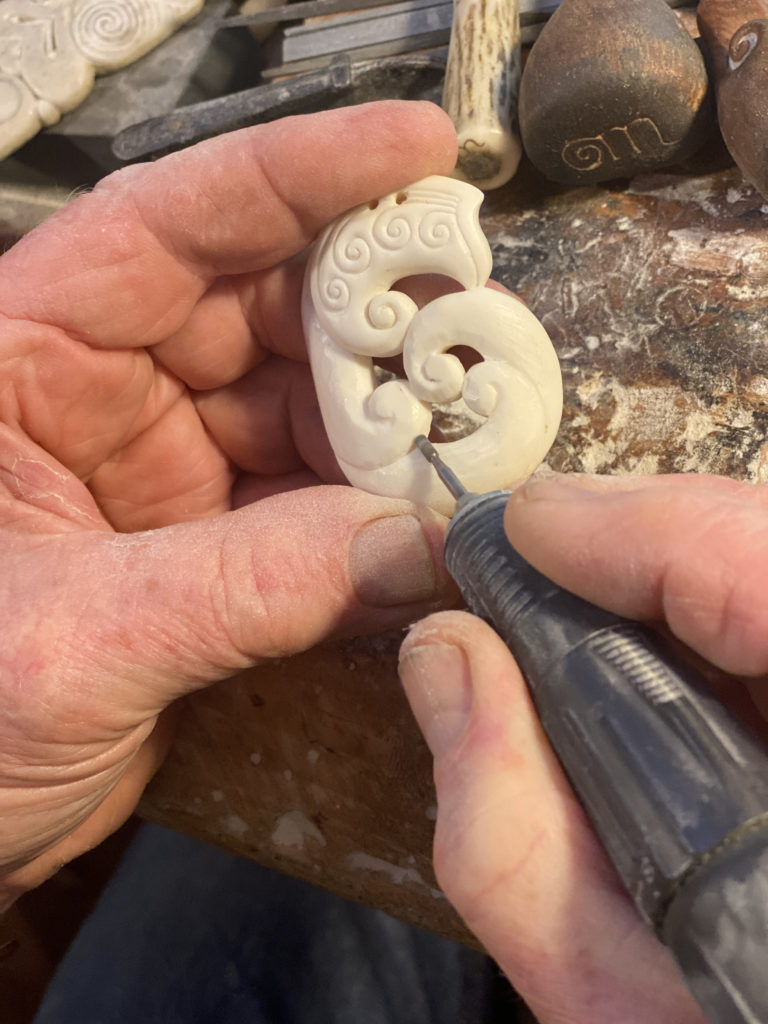
A journey down memory lane
Sometimes you just need a good excuse to do a project that really does need a reason to be done. In Off the grid this issue, Murray Grimwood was given one of those great excuses.
“For the past few months I’ve been cobbling together a Meccano set. The excuse is that grandchildren will have rainy-day entertainment when they visit. The real reasons are probably nostalgia and straight-out indulgence; I’ve always loved this medium. A quick online search of Meccano shows — check out the 4WD Bugatti! — will tell you that I’m not entirely alone.”
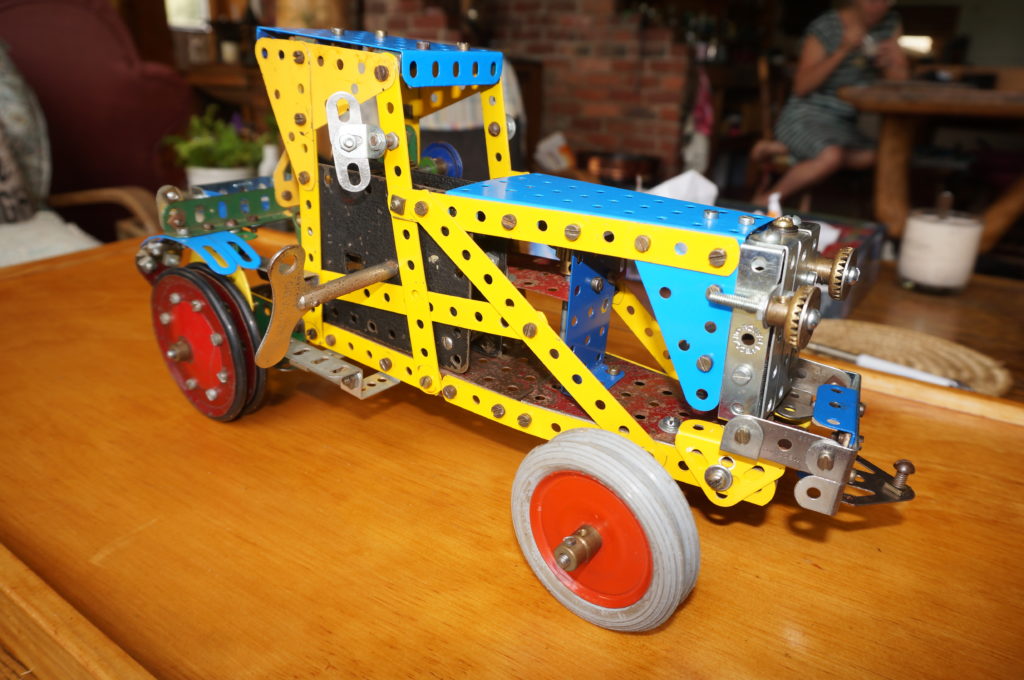
Braggot beer — a malt mead
It’s always great to learn something new and to work on something a bit out of the ordinary. Our Brewer’s Scoop column does just that by showing you how to brew mead.
“A braggot is a malt mead; in olden days, it was also referred to as a bracket or brackett. A braggot was originally brewed by fermenting honey and adding hops, but later it evolved to be made with honey and malt; some were made with or without hops added.”
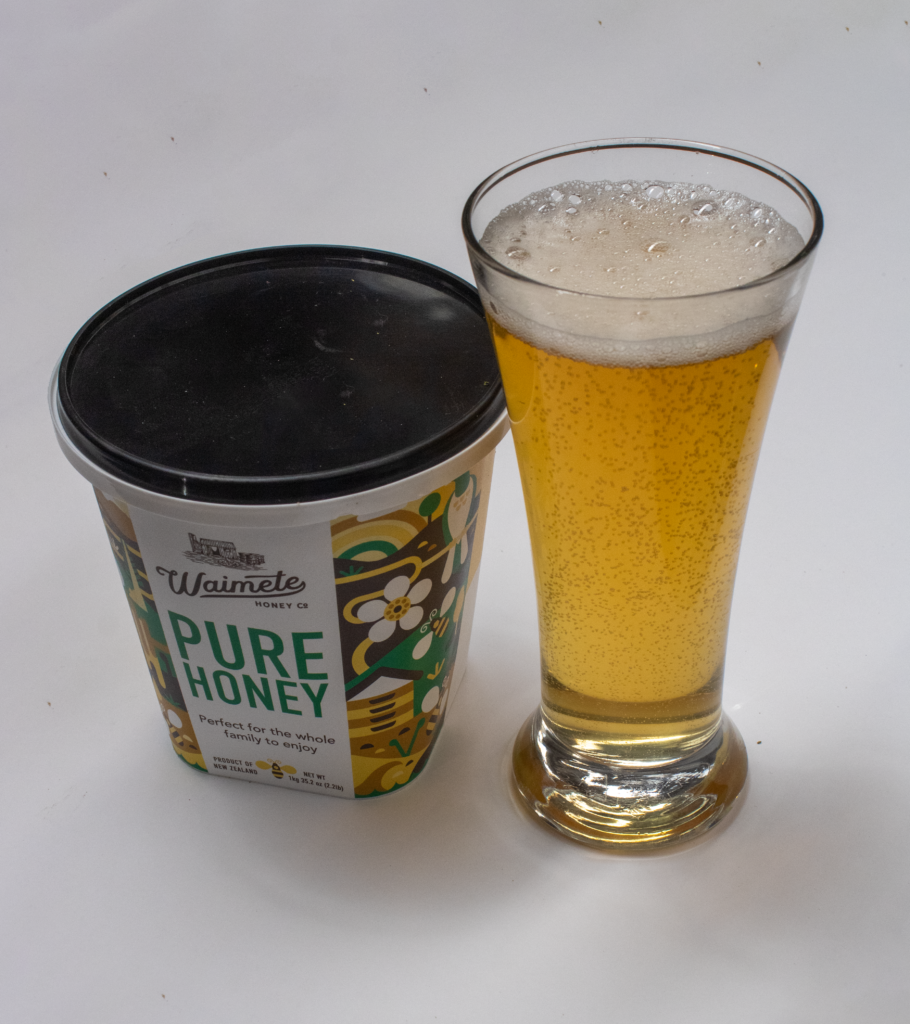
Sole survivor
It was 2008 when The Shed last visited the dedicated team restoring the vintage Auckland ferry Toroa. We thought it was time to go back and see how the team was getting on.
“Appearances can be deceiving and that certainly is the case for the Toroa ferry. While enormous progress has been made — including the renewal of the steel framework — none of this is visible to passing commuters who see it from the adjacent motorway. They only see the superstructure and timber work that has yet to be tackled.
Seaworthy? Not yet. But despite first impressions, her refurbishment to an operational and authentic state is well underway. ‘The perception is, “Oh, they are not doing anything.” But there are hundreds of thousands of dollars and thousands of man hours that have gone into the hull, which is invisible from the outside,’ says Toroa Preservation Society President, Robert Brown.”

Moas, Guzzis, and Guinness pies
Our resident shed shrink Mark Seek has more mental health advice for us sheddies this issue, and it’s about smelling the roses.
“If I learnt something that day, it is that when life appears tranquil and calm, it may just turn to custard without any warning … don’t take anything for granted.”
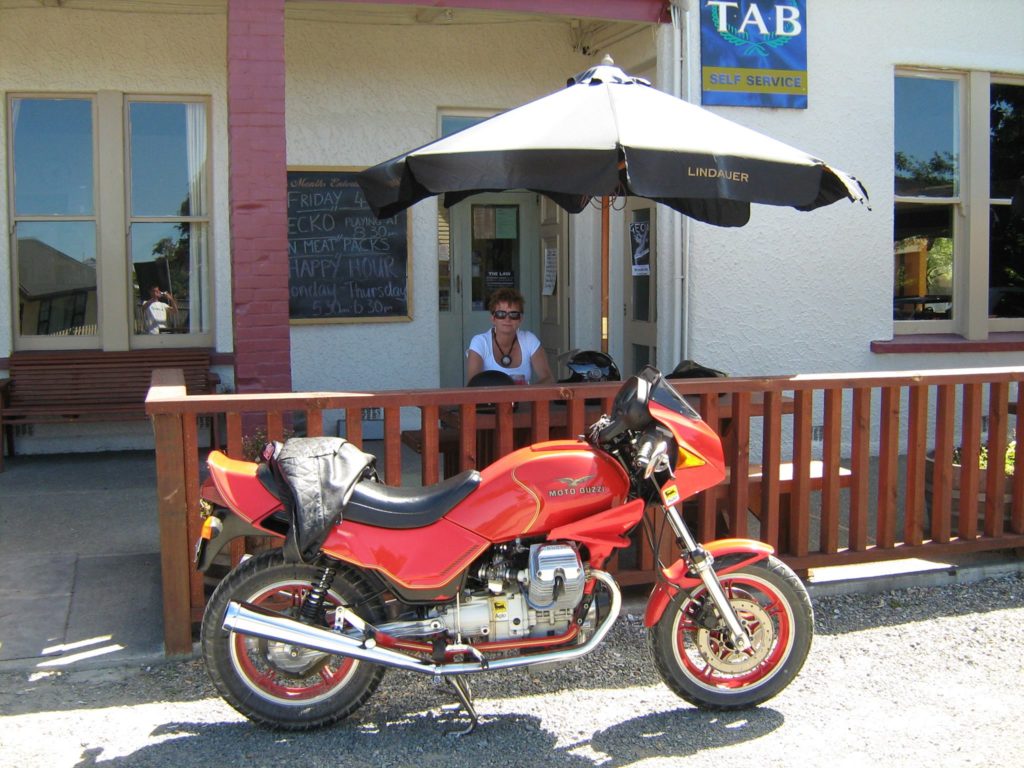
The debatable joys of progress!
Ritchie Wilson discovers it’s time to replace his hot water cylinder at home but he wonders why it has failed. He goes on a journey of discovery and learns that his failed HWC is the result of serious water supply issues in the Hawkes Bay region a few years back.
“In August 2016 a serious outbreak of gastroenteritis occurred in Havelock North. It affected more than 5000 people — about a third of the town’s inhabitants — with 45 hospitalised. Those are the indisputable facts. It is probable that four people died as a result, and that the pathogen was the bacteria campylobacter, from sheep. The accepted theory is that floodwater carried sheep faeces to a below-ground pump-head that wasn’t sufficiently sealed to prevent the contaminated floodwater entering the town’s drinking water supply.”
See what Ritchie has learned about our city water supplies and how to go about replacing your own hot water cylinder.

In the shed with Mr G
Graham Rae has been repairing, restoring, and making bespoke furniture as a hobby business for the past 27 years, but now at 77, he’s going full time.
“The first thing you notice when you step inside Graham’s shed is how spacious it is. Fitting really, as he is a big man with a penchant for making large wooden furniture. Most of his work stations and weighty machines are on castors for portability, accessibility, and making room in the shed to turn built pieces around.
“The building started life as a milking shed and separator room for the dairy farm that once occupied the property. Before Graham moved in he added windows, battened the exterior, knocked out a wall or two, and poured the concrete floors.
“Some people collect cars or have beach houses,” he says. “I have my shed; it’s my mental health space.”
He also teaches a workshop, “A Girl’s Guide to Woodworking,” to a group of local women.
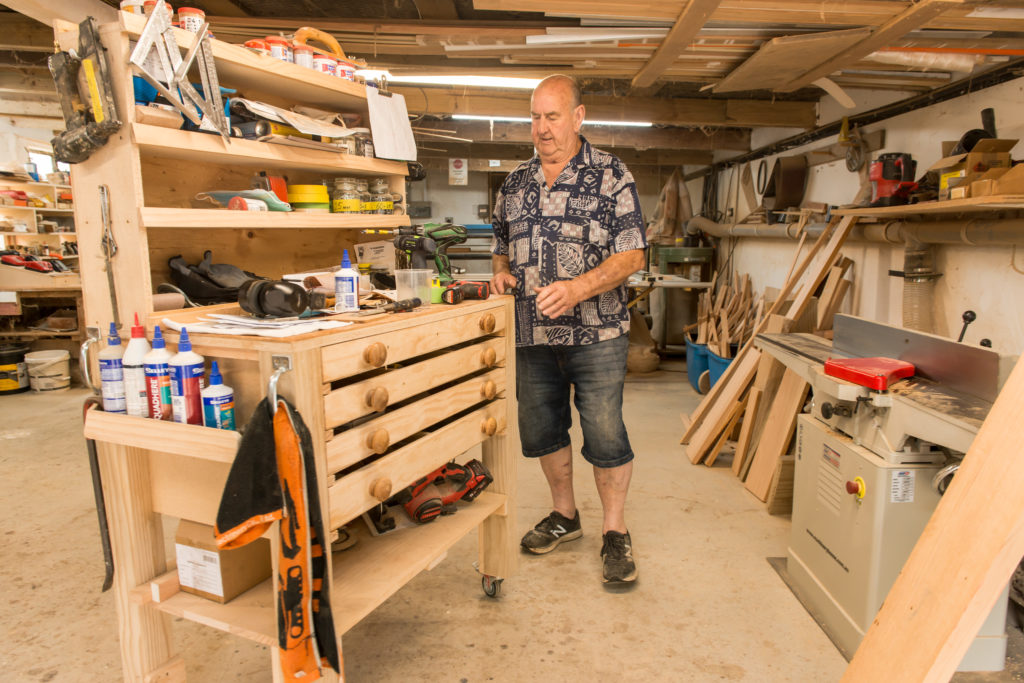
Back O’ The Shed
Jude is having some staff issues down on his rural block. It’s nothing that can be solved with a firm hand … and an axe.
“I have had a grim start to the New Year.
It has fallen to me to dismiss an employee. Not something I take lightly and, of course, as this is an employment issue, no names will be used. This particular employee has been with me for some time, nearly two years. In that time they have not proved to be the most productive worker and now we have found that she (for it is a she) has been pilfering from the others.”
To purchase a copy of this magazine, a back issue or to subscribe anywhere on this planet, head to our online store.
To find your nearest stockist of the magazine in Australia, see our Australian Retailer’s Outlet Register.
